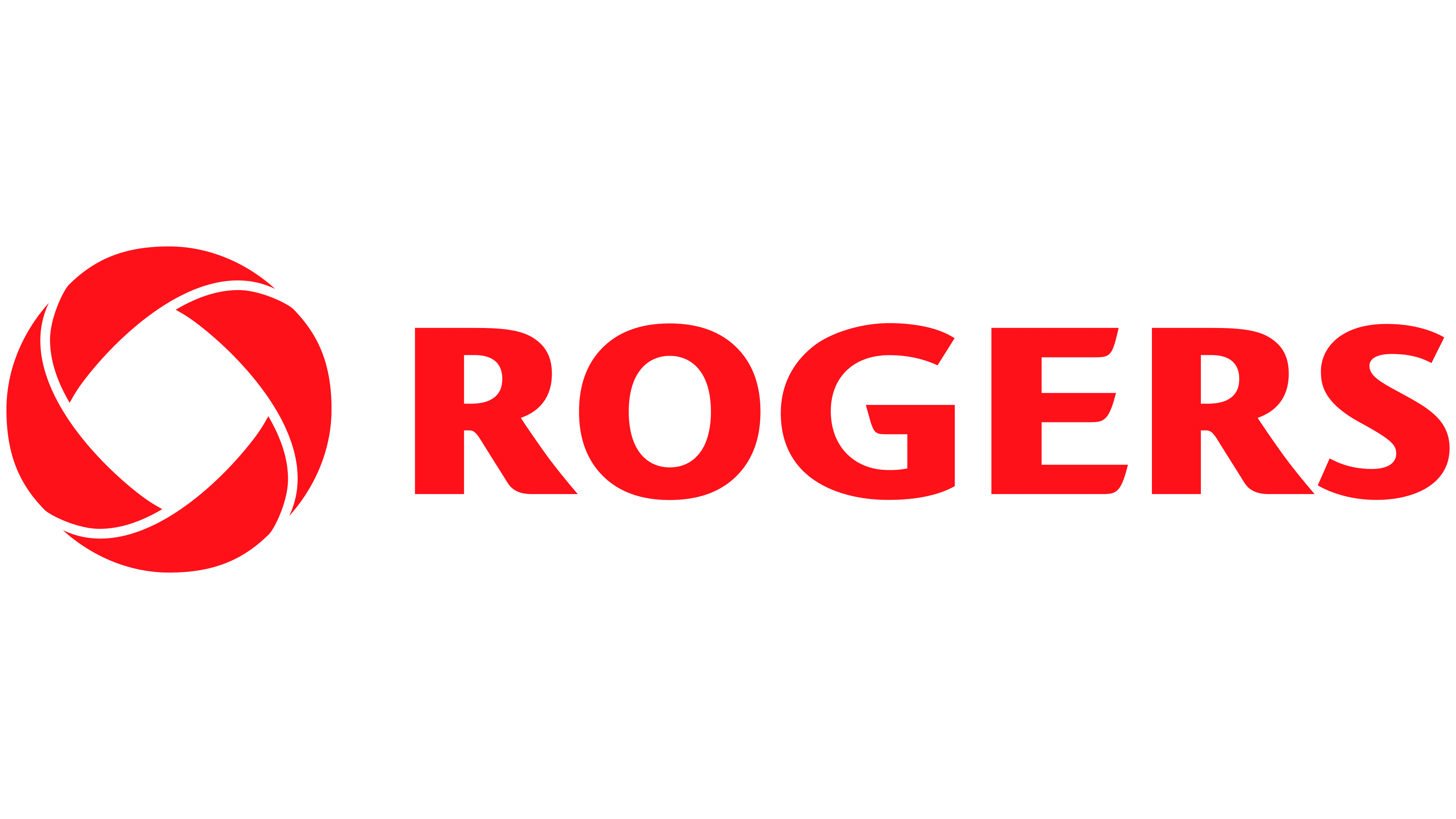Imperial Oil has been fined $50,000 after Alberta’s energy regulator determined the company violated environmental laws in 2022 when oilsands tailings seeped outside its lease boundary. This penalty is accompanied by requirements for mitigation plans and research into the environmental effects of the wastewater, marking the first phase of the regulator’s ongoing investigation.
“These findings and resulting compliance and enforcement decisions do not encompass all potential contraventions that may have occurred at Kearl,” the regulator stated, emphasizing that the inquiry continues.
Although the $50,000 fine, issued for two violations, is the maximum allowed under Alberta law, environmental groups criticized it as insufficient, noting that Imperial reported $1.1 billion in income in the second quarter of 2024.
In May 2022, Imperial notified the regulator about discolored water pooling near the boundary of its Kearl oilsands lease. First Nations in the area were informed but did not receive further updates until February 2023, when it was disclosed that the release contained tailings seepage, alongside news of a second incident involving 5.3 million liters of contaminated wastewater from a holding pond.
Indigenous communities expressed outrage, as members had been harvesting in the area for nine months without being informed of potential contamination. The Regional Municipality of Fort McMurray and water users downstream, including those in the Northwest Territories, were also concerned.
The regulator issued an environmental protection order in March 2023, noting that by late 2022, Imperial was aware that seepage sites exceeded guidelines for sulphates, iron, dissolved metals, hydrocarbons, and arsenic. However, the regulator indicated that the impact on wildlife had been “minimal.”
The investigation revealed that a seepage pathway had formed due to sand used for roads, pipelines, and other infrastructure, which bypassed Imperial’s interception system. The system’s design failed to account for shallow groundwater seepage via the sand fill layer, allowing industrial wastewater to flow off the lease undetected.
Imperial has since increased the number of pumping and monitoring wells to address the seepage, with over 800 monitoring wells now in the area. However, the company continues to detect tailings seepage. Their website indicates that shallow groundwater exceeding guidelines has been found up to 150 meters off-site, with contaminated deeper groundwater discovered up to a kilometer beyond the boundary.
“We are confident the actions we have taken to address the issue and the extensive measures we have put in place to refine and strengthen our seepage monitoring and collection systems are working,” said Imperial spokeswoman Lisa Schmidt in an email, adding that the company continues to provide regular updates and data to local Indigenous communities. “We regret this incident occurred.”
In addition to the fine, Imperial is required to submit a report by Nov. 1 detailing how it will share lessons learned from the release with other oilsands operators and a plan to mitigate the impacts. By Nov. 30, the company must also develop a research plan to study the environmental impacts of oilsands tailings water.
Critics argue the penalty is inadequate. Phillip Meintzer of the Alberta Wilderness Association commented, “It just seems like so little. If that’s the maximum penalty, it’s not going to deter.” Alienor Rougenot of Environmental Defence echoed this sentiment, calling the penalty “too little, too late.”
Three investigations have been launched in response to the release. An internal review by Deloitte found that both the company and the regulator followed existing disclosure rules, but concluded that the rules were weak and undefined. A federal investigation is still ongoing. Additionally, the Athabasca Chipewyan First Nation, located downstream from Kearl, has filed a lawsuit against Imperial for failing to keep the community informed about the release.

